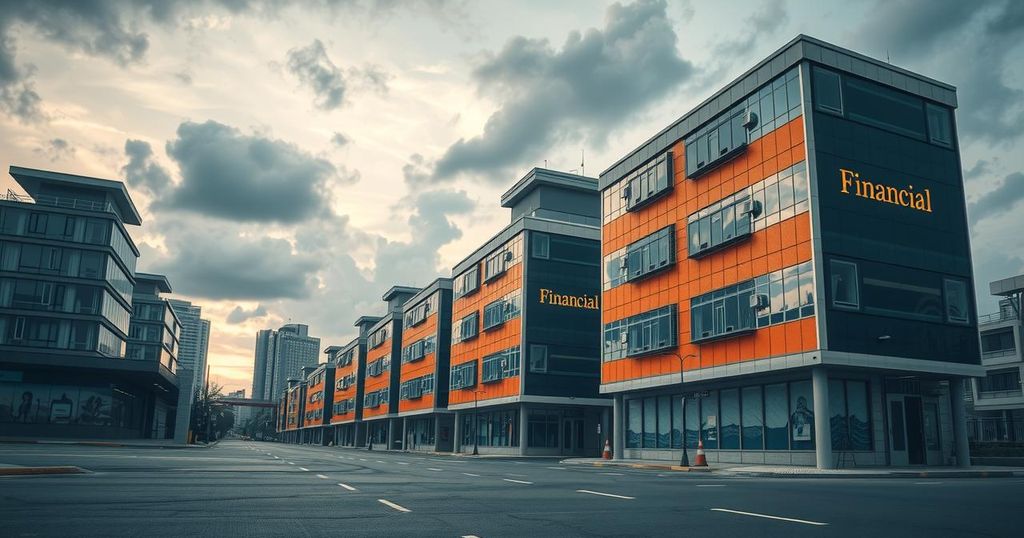MultiChoice Nigeria is increasing subscription prices for DSTV and GOTV packages beginning March 1, 2025, due to rising operational costs. This adjustment will further burden millions of Nigerians facing economic challenges. Historical price hikes have consistently strained customers, while decreasing access to entertainment could diminish social engagement and vital information sources.
MultiChoice Nigeria has announced a price hike for its DSTV and GOTV subscription packages, effective from March 1, 2025. The Chief Executive Officer, John Ugbe, attributed this adjustment to rising operational costs linked to the prevailing economic conditions. This change is expected to impact millions of Nigerians, particularly vulnerable groups struggling amid the current economic crisis.
The price increase further exacerbates the financial burden faced by households, as they already contend with the rising costs of living. Historically, Nigerians have experienced multiple price hikes in DSTV subscriptions over the past nine years, often cited as necessary due to escalating operational expenses. A recent analysis indicates a staggering 394% increase in the highest-tier package since 2009, from ₦9,000 to ₦44,000.
Price adjustments have become more frequent in recent years, with significant jumps recorded in 2023 and 2024. Notably, the premium package witnessed increases of over 51% in May 2023 and 20% later that year, further stressing customers already grappling with inflationary pressures.
The inflation rate in Nigeria remains one of the highest in Africa. Despite a reported decrease in inflation to 24.48% in early 2025, the reality is that many households find themselves prioritizing essential expenses like food and rent over entertainment costs, leading to potential cancellations of subscriptions. This trend is expected to diminish access to essential information and leisure activities, significantly affecting community engagement.
The new pricing structure may compel viewers to downgrade their subscriptions or completely opt-out, especially as many rely on international news networks. Subsequently, viewing centers are likely to respond to increased DSTV prices by elevating entry fees, thereby limiting public access to shared viewing experiences.
Despite interest in alternatives such as Netflix or YouTube, the rising costs of data and airtime—anticipated to increase by 50% per directives from the Nigerian Communications Commission—may limit these options for many. In summary, these adjustments signal a critical need for DSTV to reconsider its pricing strategy to accommodate the economic realities faced by Nigerian consumers, as dwindling subscriptions could threaten its business viability.
In summary, the recent price hikes for DSTV and GOTV subscriptions, compounded by Nigeria’s challenging economic landscape, significantly impact consumers. As households navigate rising operational costs and inflation, many face difficult decisions regarding their entertainment and information sources. This trend raises concerns about decreased access to vital news and leisure, with potential long-term implications for social interaction and community engagement. For MultiChoice Nigeria, adapting to these economic realities may be essential to sustain its customer base.
Original Source: dataphyte.com




